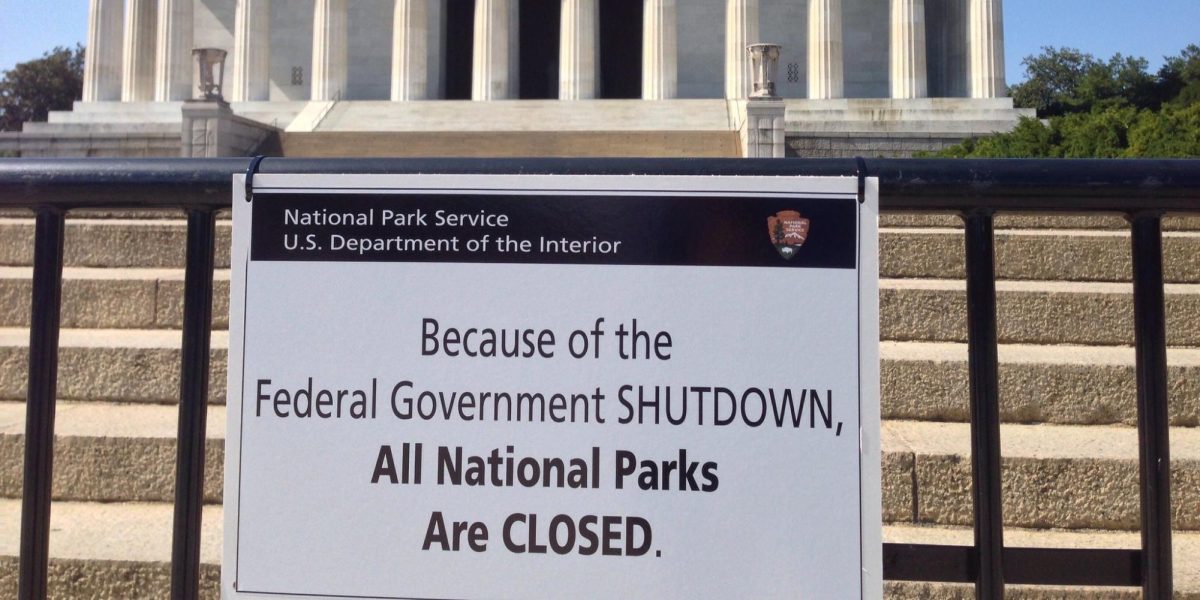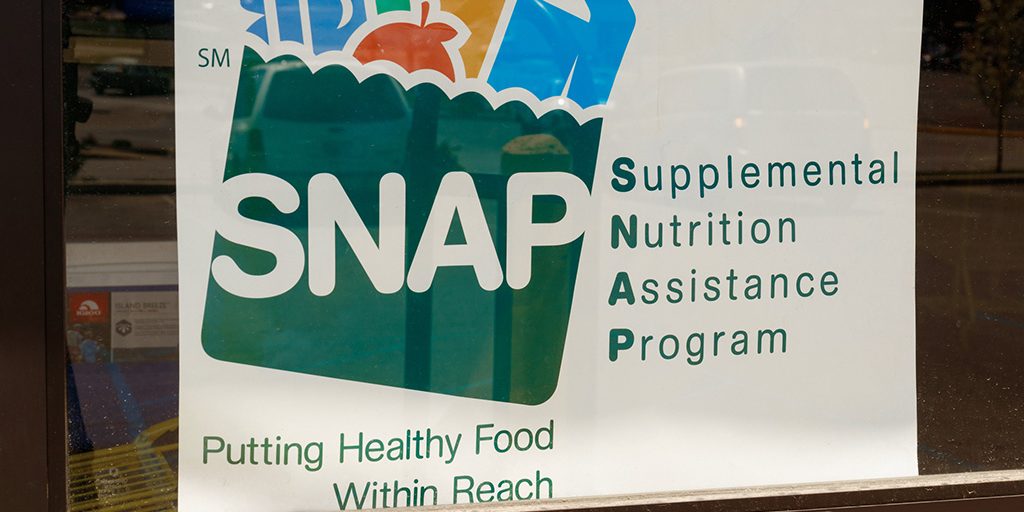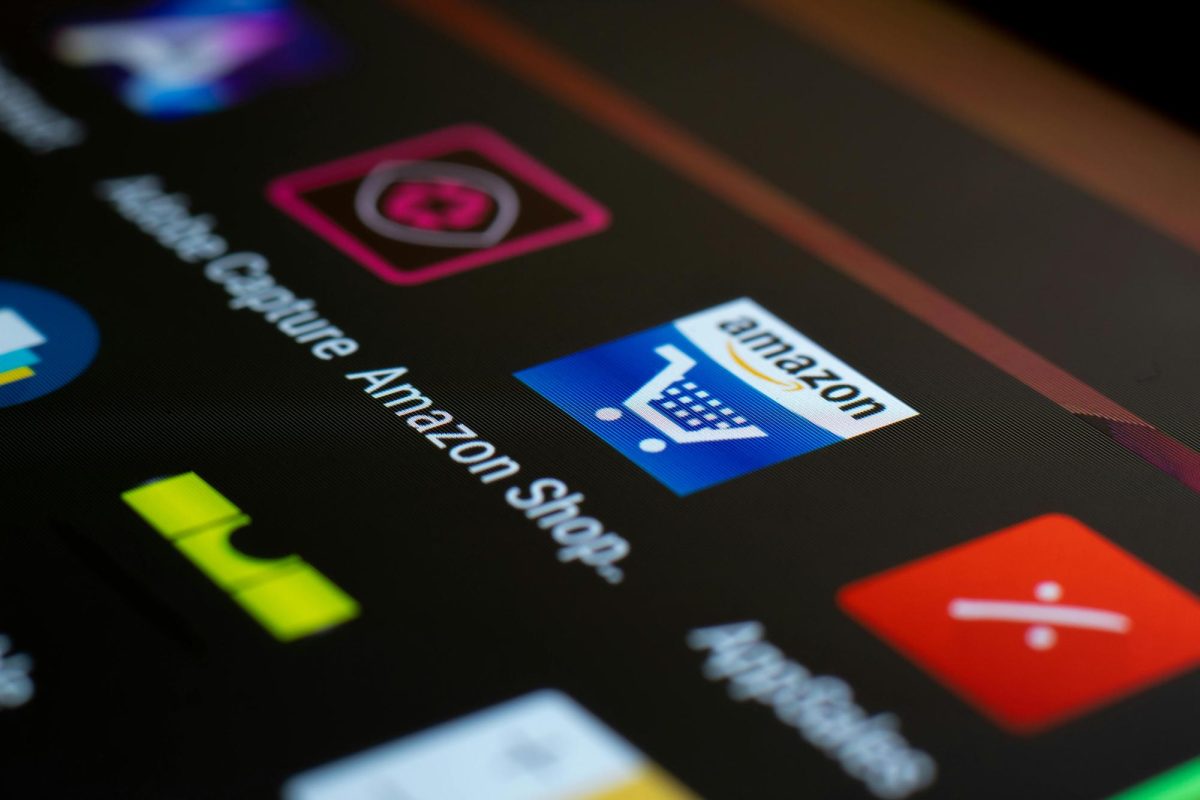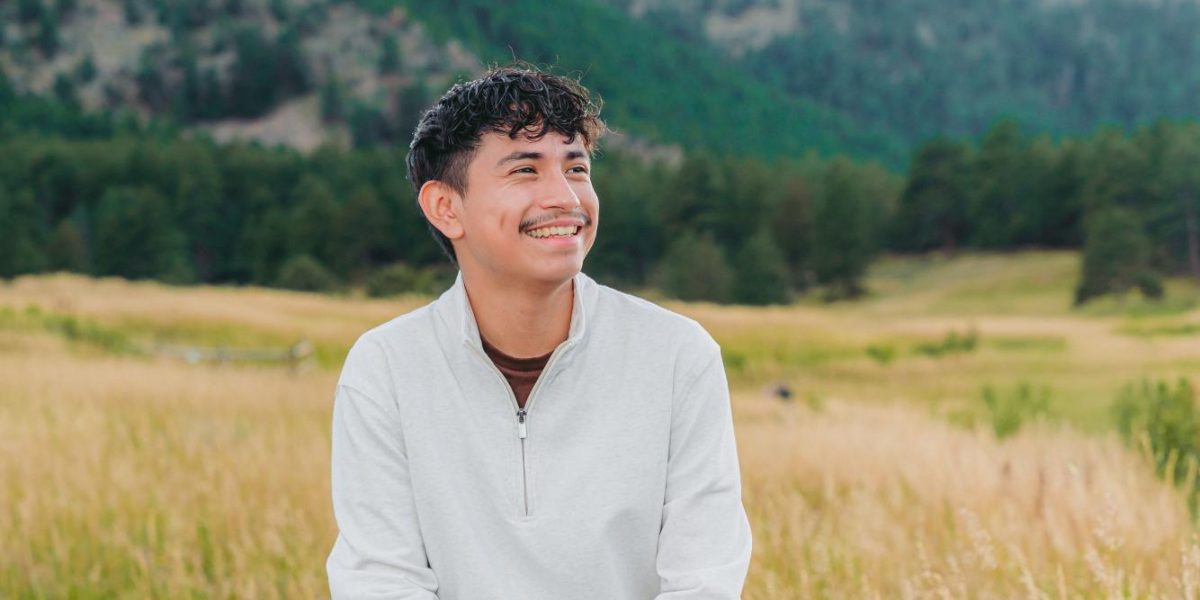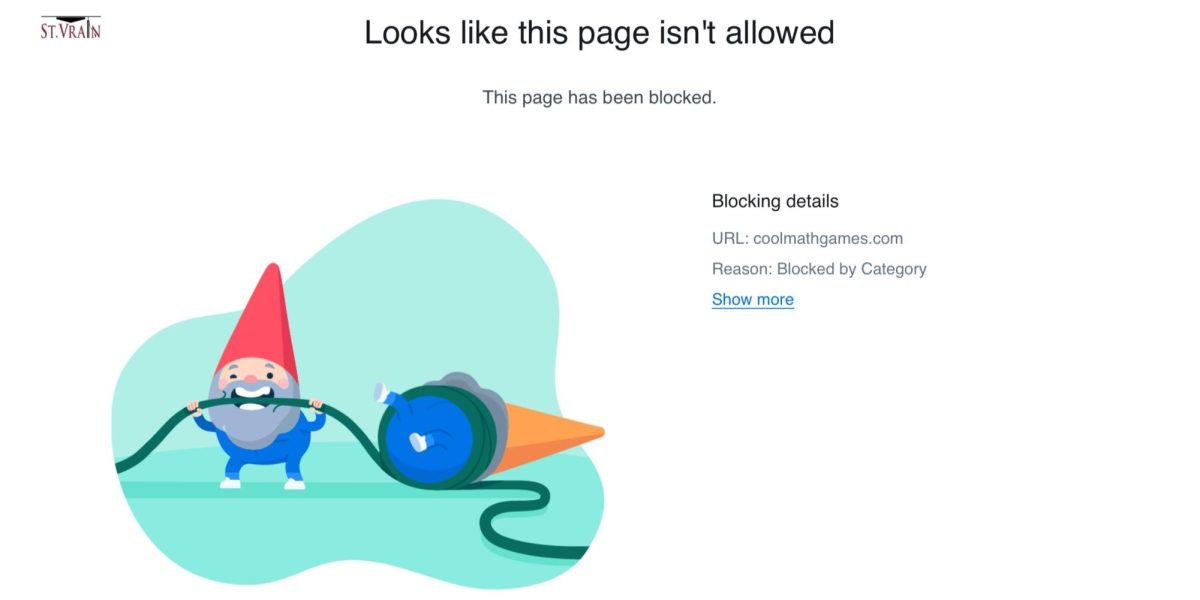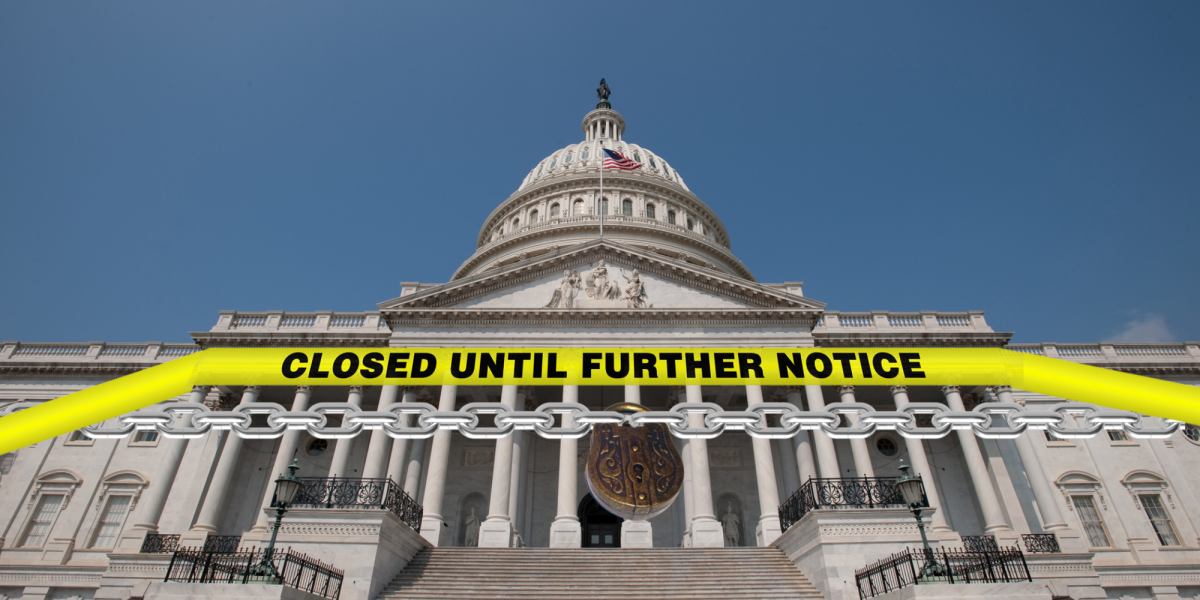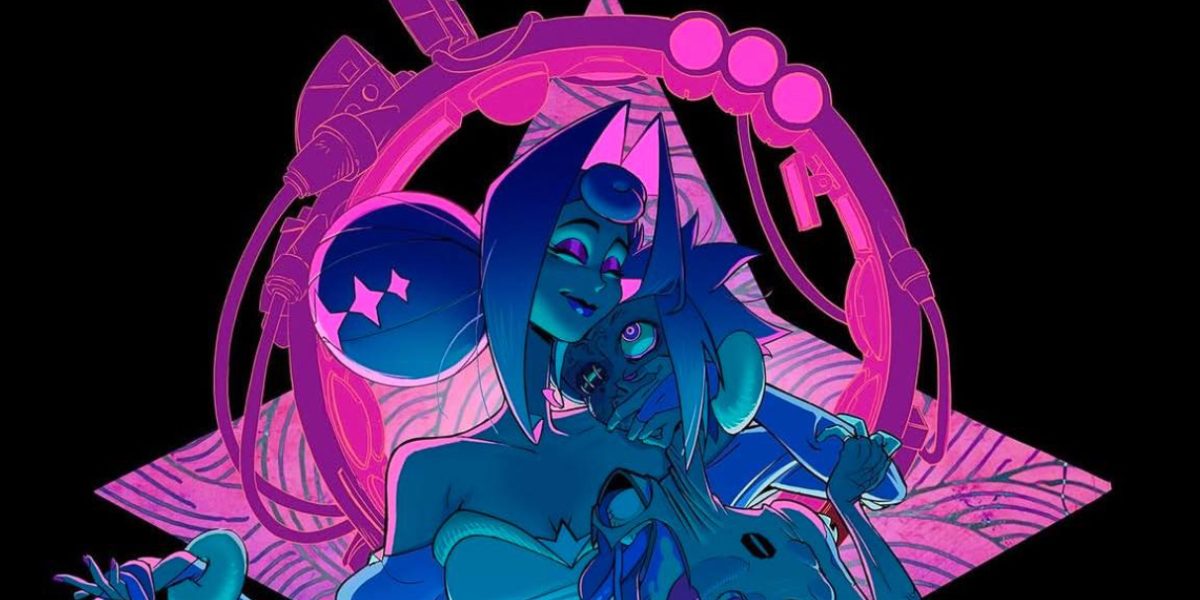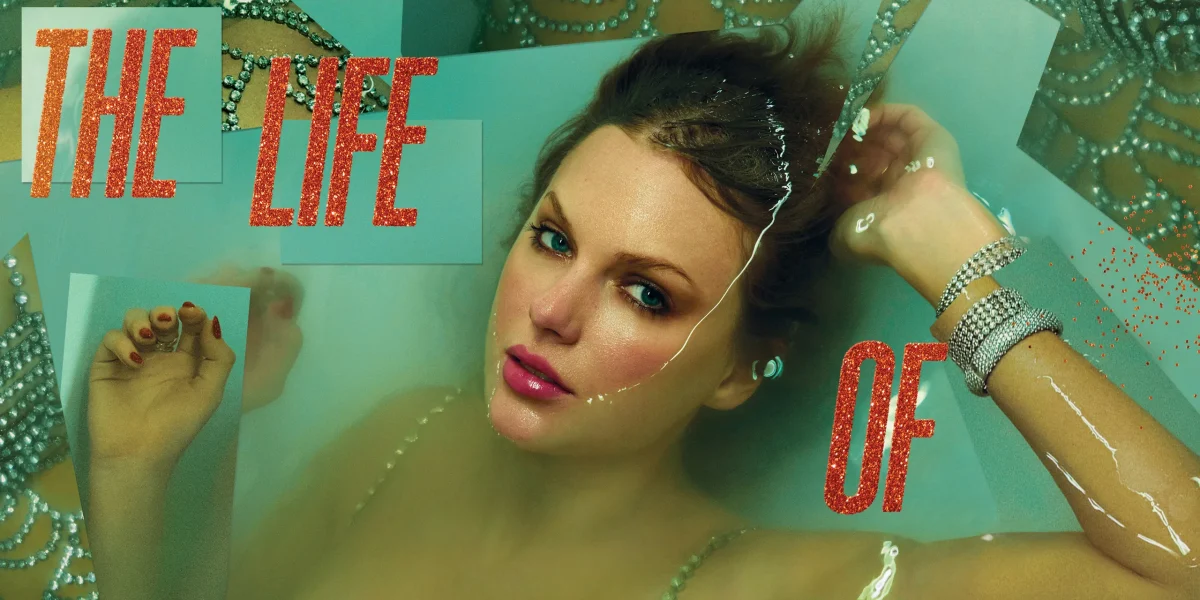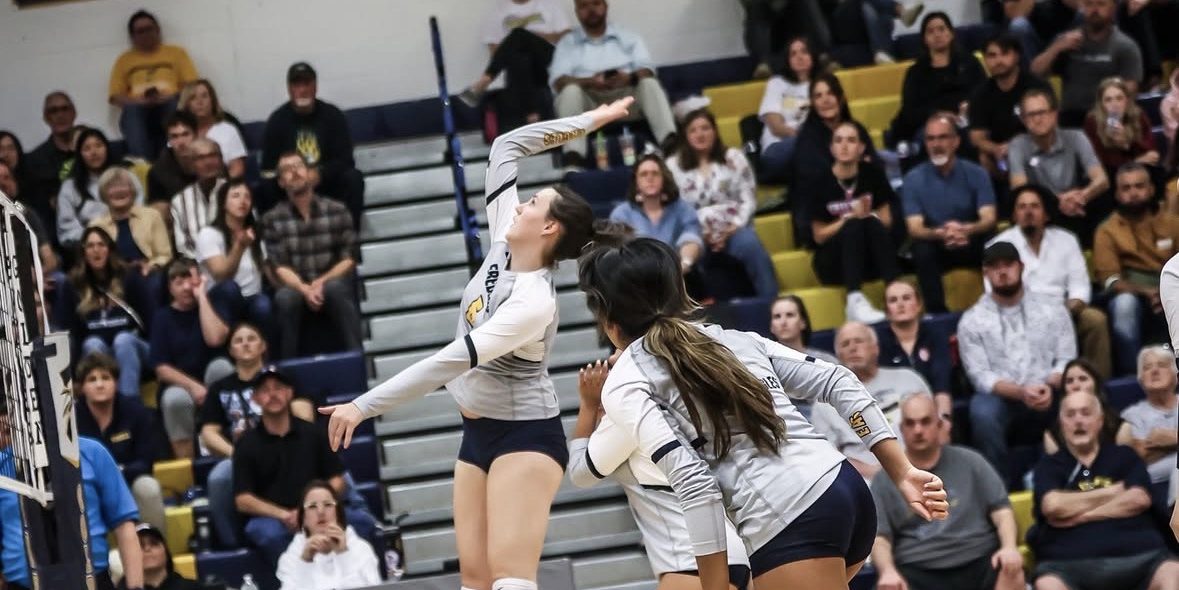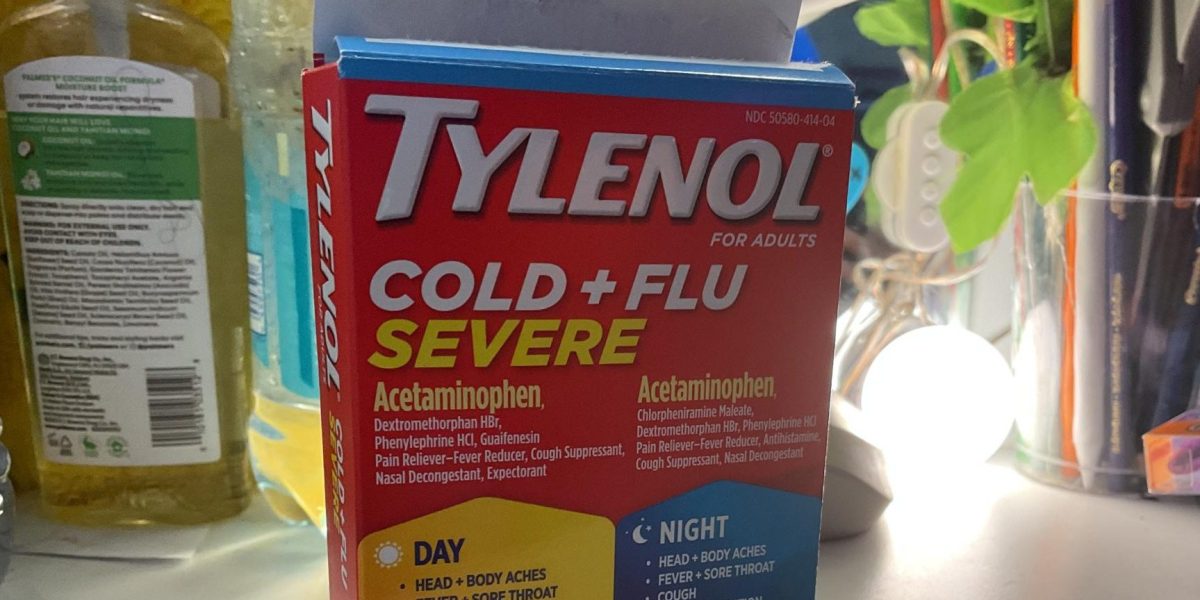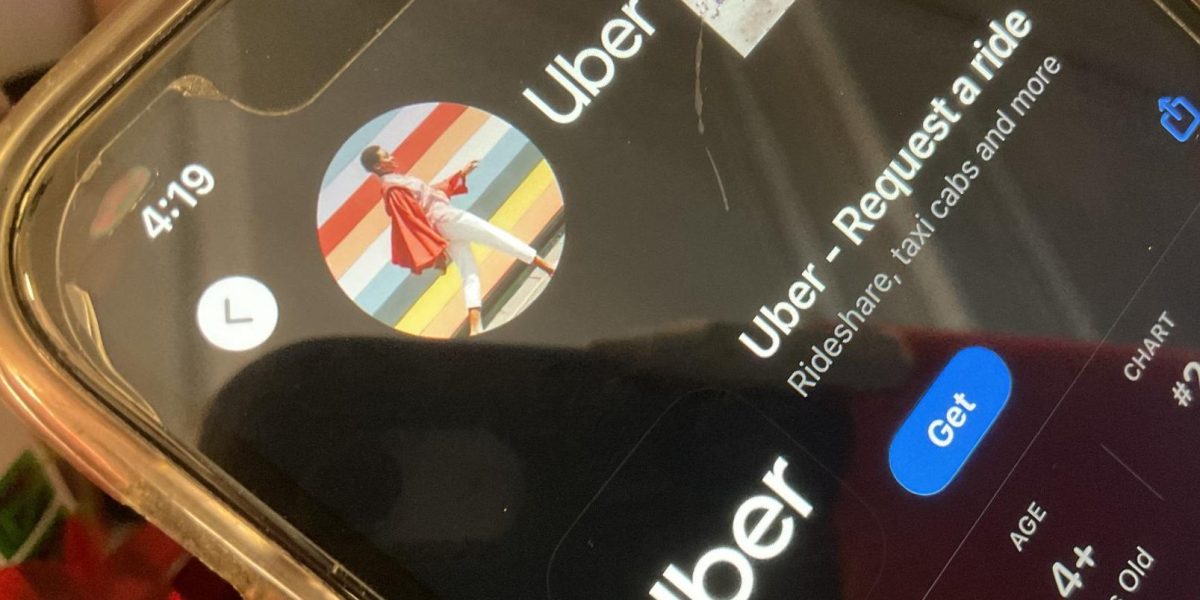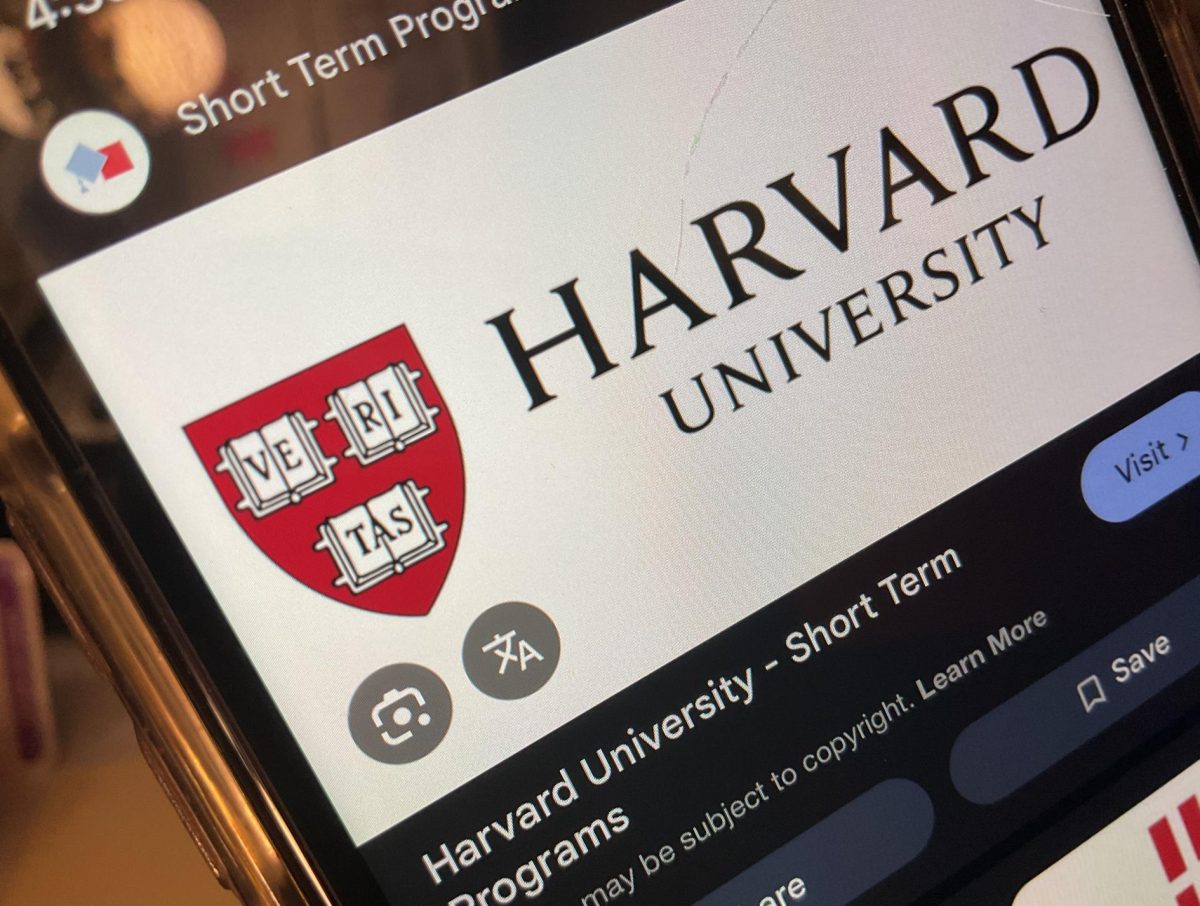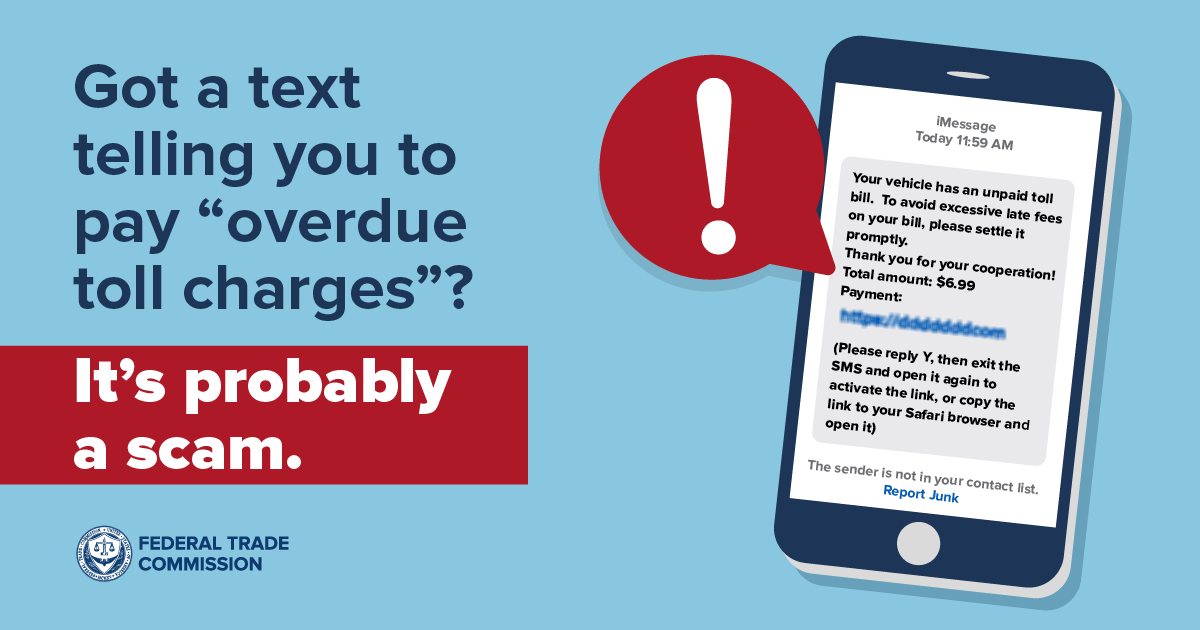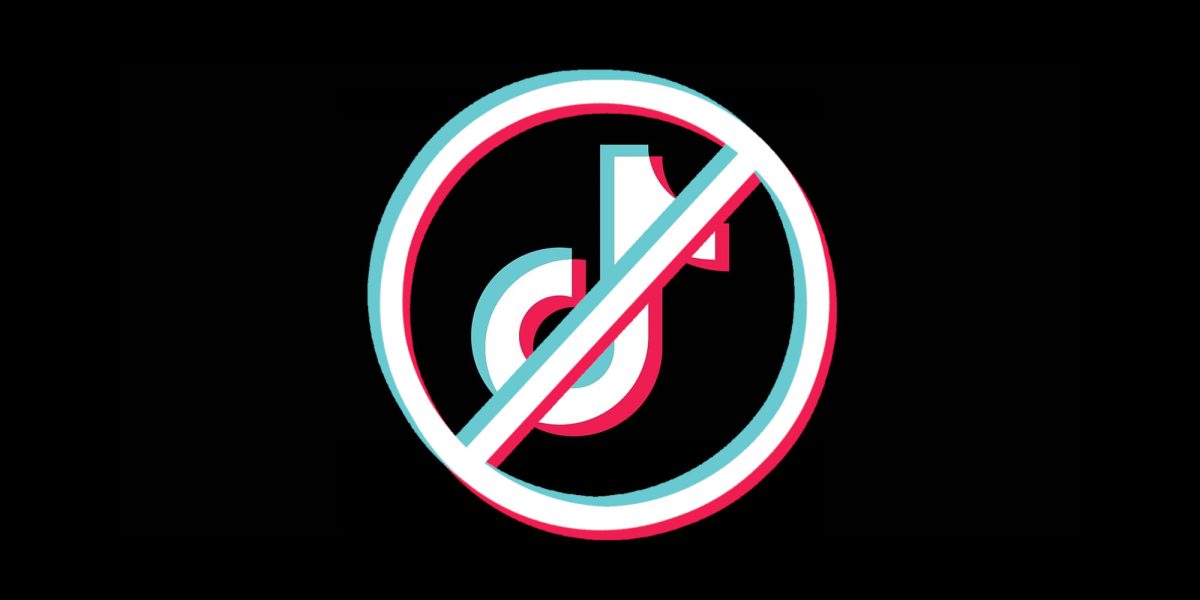
Yesterday, on Wednesday, December 18, the US Supreme Court announced that it would hear arguments asking that a law passed by Congress called the Protecting Americans from Foreign Adversary Controlled Applications Act be struck down as unconstitutional. This same law, which was passed by the House and Senate earlier this year and signed into law by President Joe Biden, was upheld in the United States D.C. Circuit Court on December 6. Its original bill number was HR7521, and it is now called Public Law 118-50, but most Americans know this law by another name:
The TikTok ban.
Public Law 118-50 forbids any app that is in any way controlled by a “foreign adversary” and collects data on users to be available in the United States. TikTok is owned by the Chinese company ByteDance, collects data on American users that is stored on Chinese servers, and (like all Chinese companies) must turn over all their stored data to the Chinese Communist Party upon request. Since the CCP is considered a foreign adversary by the state department, ByteDance either has to stop collecting all user data (and purge the data it has) or sell their company to an American buyer like Meta or Google before January 20, 2025.
If not, and if the Supreme Court doesn’t strike down the law, TikTok will be banned in the US one month from today.
Who Will This Ban Affect?
More than 170 million Americans use TikTok every single day. Most of these users are young: 1 in 4 TikTok users worldwide are under 20 years old, and a recent study from Common Sense Media found that 82% of American teens use TikTok once a week, with 22% saying they use the app “almost constantly.”
Most users on TikTok are very upset about this ban, and some TikTok users have spoken up about this ban publically. There are also some creators who are very upset about the potential ban because they make money off this app to support themselves. While they could always move to another platform if the app does get banned, it would take work to transfer their old content and transform to the new platform’s format for this to happen. Some mid-level content creators (not even big stars) make $4,000 a month from just TikTok, which is a dream job for some creators.
TikTok has also helped promote lots of small businesses through their buy links, which has helped these mom and pop shops get the money that they needed to survive the pandemic and now rely on for food and rent. Like with content creators, these businesses can move to another platform, but since each app works differently, they may not be able to sell as much.
Businesses and creators may also not make as much money on other media platforms. Take YouTube: while YouTube has more opportunities to make money than TikTok, creating content and keeping a following of fans is much harder and time-intensive, so creators may ultimately not make as much. Plus, most big creators are already on other apps in addition to TikTok already, so they wouldn’t be replacing a revenue stream as much as just losing one.
This TikTok ban is going to make such a huge impact on so many people because a lot of users like to scroll on this social media platform for hours when they don’t have anything to do. Freshman Natalie Padia said, “I feel disappointed about the TikTok ban because I believe there are more concerning websites and apps, like Twitter or Instagram, that cause more harm than TikTok. Priorities being set on a music app instead of gun law or illegal websites and poverty is stupid to me.”
There is actually a TikTok in the US right now for federal government officials: to prevent the Chinese government from spying on our government, federal workers were forbidden to use TikTok or have the app on their work devices since 2023. Thirty-four states (in red on the map below) have also issued a similar ban for their state-level government officials, and some universities have banned TikTok on campus Wi-Fi and university-owned computers.
However, this new ban would get rid of TikTok for all Americans. While prior efforts to block personal use of TikTok in the US have been prevented (like a proposed 2023 ban by the state of Montana), this Congressional law would be the first time a specific speech platform by a specific company would be outlawed in the history of the US.
How Will a Ban Actually Work?
If TikTok is sold to another company before the January 19 deadline, users will not see much of a difference: there will be a new terms of use agreement, some changes to the features, and possibly a new name.
If it isn’t and the ban goes into place, TikTok wouldn’t disappear—it would have a slower, more gradual death if app bans in other countries are anything to go off. Immediately, the government would forbid Apple, Google Play, and other app stores from offering TikTok. If some app stores continue to host TikTok, they would face major fines. The government would also likely take the approach India took with its TikTok ban and forbid US-based internet service providers from allowing access to TikTok.
This would completely get rid of TikTok in America: anyone who already had the app downloaded would still have it on their phone and could potentially still access TikTok through a VPN. However, these users will not receive updates, which would make the app laggy, buggy, and eventually pretty useless. It’s also very likely that updating iOS or Android to the newest version would involve the app getting erased off the phone. Eventually, these obstacles would kill off American TikTok.
The most likely killer of TikTok, however, would simply be a new video app owner by an American company that would replace TikTok in the marketplace. Social media lives off trends, and social media companies get overtaken by competitors all the time. Facebook overtook Myspace and killed Google Plus. Instagram killed DailyBooth. Snapchat overtook, bought, and killed Yik Yak before its resurrection during the pandemic. Twitter killed Buzz, swallowed Periscope, and buried Meerkat, and now under its X branding, it may be going extinct at the hands of BlueSky and Substack.
Even TikTok itself finished off video apps Vine and Music.ly, with the latter being acquired by ByteDance. While TikTok alternatives like YouTube Shorts and Instagram Reels haven’t caught fire in the US, they may thrive if their competition with TikTok is removed. Yet the most likely replacement would be something that mirrors TikTok more directly and may be in its infancy (like Zigazoo or Fanbase) or not even developed yet.
Will the Courts Stop the Ban?
The Supreme Court has agreed to hear oral arguments by representatives for both ByteDance and the government on January 10, just 9 days before the ban would take effect. And the ban would take effect even if the Supreme Court is still making up its mind: after the unanimous decision to uphold the ban by the DC appeals court, ByteDance filed an injunction to delay the ban, which was rejected on Friday, December 13. Unless another injuction is filed and accepted, only a final decision by SCOTUS would stop the ban from taking place.
Whether or not the Supreme Court takes the side of ByteDance will hinge on if enough justices believe that there is a First Amendment freedom of speech issue with the ban. If the court (like the DC appeal court) sees the law as a national security measure, they are likely to vote that the ban is valid. There is some evidence they may sway this way: in October, the Supreme Court ruled in Moody v. Netchoice that a social media platform’s choice on how to moderate its content is protected by the First Amendment, but manipulation of what users see and hear on social media platforms by a company operating overseas—one of the accusations against TikTok—is not.
One key facet of the case will be if the government is asked to provide proof that TikTok is sharing the sensitive data of American citizens with the Chinese government. While Congress has claimed this has already happened, they wouldn’t reveal the evidence to the public because of security concerns. While this “trust us, bro” approach to national security concerns has been accepted in the past, such a broad stroke as banning all Americans from an app most likely needs more substantive proof.
Can Trump Stop the Ban?
If the judicial branch does refuse to help TikTok, the executive branch may. When he takes office on January 20, Donald Trump could sign an Executive Order as President to allow TikTok back on American devices, or he could just tell his DOJ to not enforce the ban. Trump has recently said publicly that TikTok has a “warm spot” in his heart, and he spoke to TikTok CEO Shou Chew at Mar-a-Lago on Monday.
However, it’s anyone’s guess whether he will actually fight for TikTok or not, as he has been on both sides of the issue in the past. Trump has repeatedly called the CCP an enemy of America and pushed for a ban on TikTok during his first administration. However, he joined TikTok during his latest campaign for president and now has over 14.7 million followers, which has made him more reluctant to support a TikTok ban.
Trump’s Cabinet picks also seem to be split between wanting a ban and being a fan, with potential FCC chair Brendan Carr and potential CIA head John Ratcliffe supporting the law and Vice President elect JD Vance and press secretary Karoline Leavitt supporting TikTok. With Trump facing a potential rocky road to getting all of his Cabinet picks confirmed by the Senate, he may opt to give up the TikTok battle to get on the Senate’s good side.
Even if Trump saved TikTok with an executive order, his actions wouldn’t stand up in court because Congress passed the original ban, and unless the law is found to be unconstitutional by the courts, only Congress can repeal the ban. Getting Congress to go back on the ban is even more unlikely than the Supreme Court or President Trump saving TikTok. The last Congress was infamous for getting very little done, and the House will have an even smaller margin in the upcoming Congress. While Congress has this do-nothing reputation, one of the few things it did get done was HR7521—it was backed by a bipartisan majority of Democrats and Republicans and thus is likely to not be repealed any time soon.
So will TikTok disappear in America? Probably not: if the Supreme Court and Trump don’t decide to block the ban, ByteDance would likely sell American TikTok so they can salvage at least some money from it before it goes dark. While TikTok may change owners, names, or accessability, teens will still options for wasting time with doomscrolling after January.



